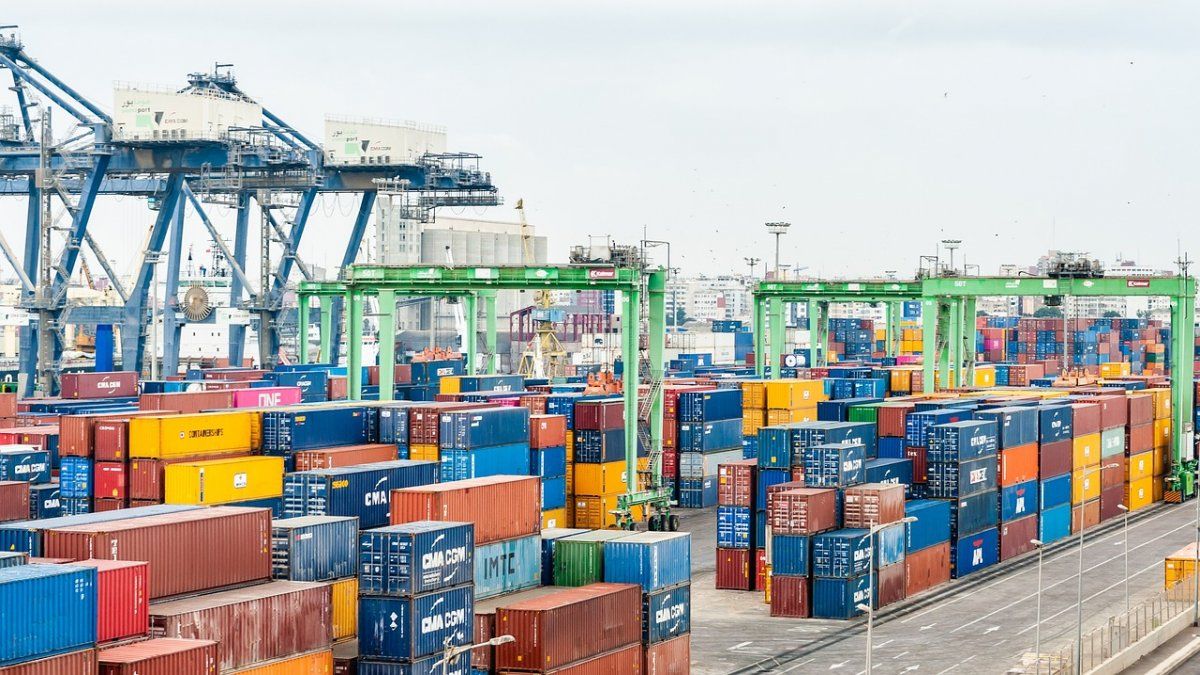The creation of the “Monitoring, traceability and promotion of trade operations unit” that opened the Official Gazette this Monday was the most commented on in business chambers and law firms, given the uncertainty of the private sector about what its purpose would be, given that the Ministry of Economy is part of it, but also AFIP, Customs, the National Commission of Securities and the Financial Information Unit. Speculations were whether they were going to look at merchandise stocks, purchases of the CCL dollar or delay imports via SIRA.
The truth is that the creation of this new unit had been leaked by the Ministry of Economy as one of the measures to deal with inflation, on the weekend after it became known that the April data had climbed to the historical 8.4% Now, at the end of May, when all the consultants estimate inflation around 9%, Economy launched the new unit and appointed its coordinator: William Michelholder of the Customs and right hand of minister Sergio Massa.
As Ámbito was able to find out, the first measure will consist of the suspension of antidumping duties on eight products of branches of diffused inputs or intermediate goods, of the food and beverage, construction, chemical and plastic sectors. It is food and beverages where the Government seeks to contain price increases, which in April exceeded double digits. The measure impacts 10 companies, where Economy assures that they have a participation in national production greater than 80%, they had returns that reached up to 14% and their prices rose up to 24% above the wholesale price indexaccording to an official report.
The objective is to “reduce the effective price of imports of certain widespread inputs, encourage competition in highly concentrated branches and lower prices throughout the value chain,” according to the new regulation. It will be valid for 120 days“with the possibility of extension.”
The investigation
suspension.JPG
Dumping is the practice of selling products cheaper in export markets than in the domestic market itself, according to an internal report. This enables countries, as established by the WTOto establish antidumping measures to establish fair conditions of competition.
An antidumping measure on a product does not prevent its importation, but establishes an additional import duty from which the dumping was committed. For example, due to this practice, the tariff imposed on fungicides used in the citrus industry and imported from Chile amounts to 61%. The products for which anti-dumping duties will be suspended are: Polyethylene terephthalate (PET), Toluene diisocyanate (TDI), Di-n-octylphthalate (DOP), Sodium benzoate, Glass wool, Zinc oxide, Polyester resins and Fungicides.
Since dumping damages national production, the parties involved, such as companies, can participate in the process. In fact, the special tariffs that are now suspended were requested by different firms, and they began to be applied from 2018 to here. To justify the reversal of the measure and deny the application, Economy appeals to article 30 of the antidumping regulation, for ensuring that “the disruptive effects of dumping may conflict with objectives of foreign trade policy and public interest”.
But also, go back requires a report from the Secretary of Commerce. According to the work carried out, the 8 targeted products are detailed, their uses and applications, the magnitude of the tariff and the origin. In addition, the work ensures that the companies that promoted the request “have significant market power”: in 6 of the 8 branches, “there is only one national producer, and the market penetration of the main company is greater than 60”.
Besides, The document refers to the accounting information that the requesting companies had to provide, and details the net profitability on sales and net worth: “The sale price grew more than the price of other inputs surveyed in the Wholesale Internal Price Index and they presented good profitability indicators in terms of their sales and equity,” the research highlights.
Source: Ambito




